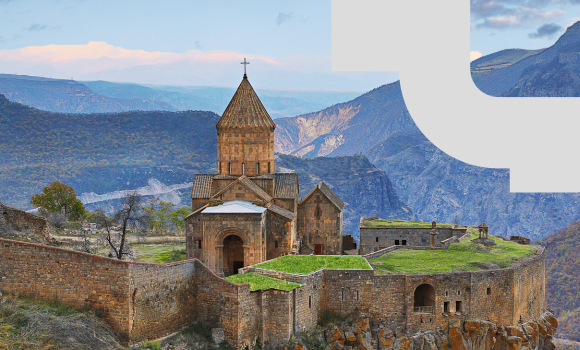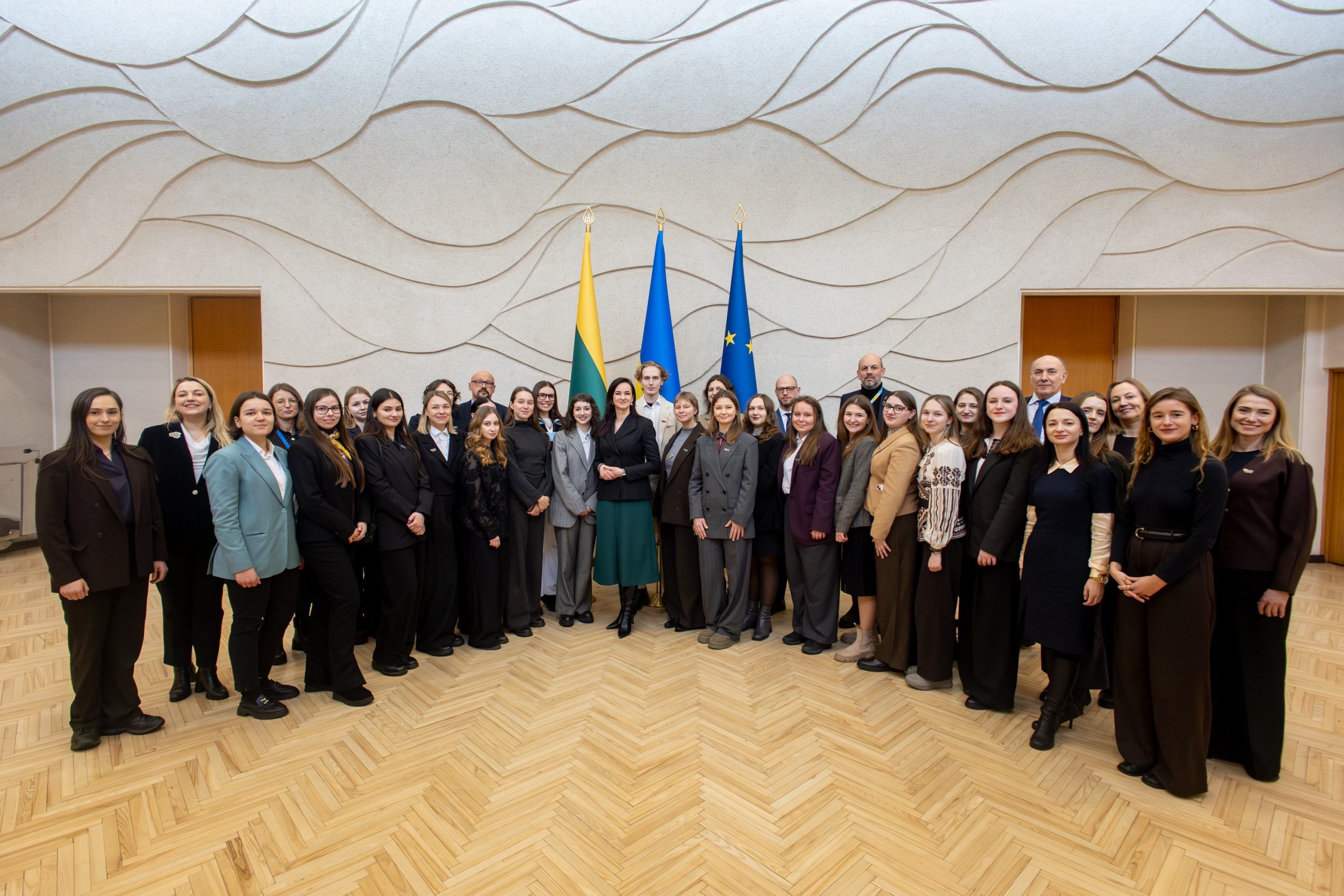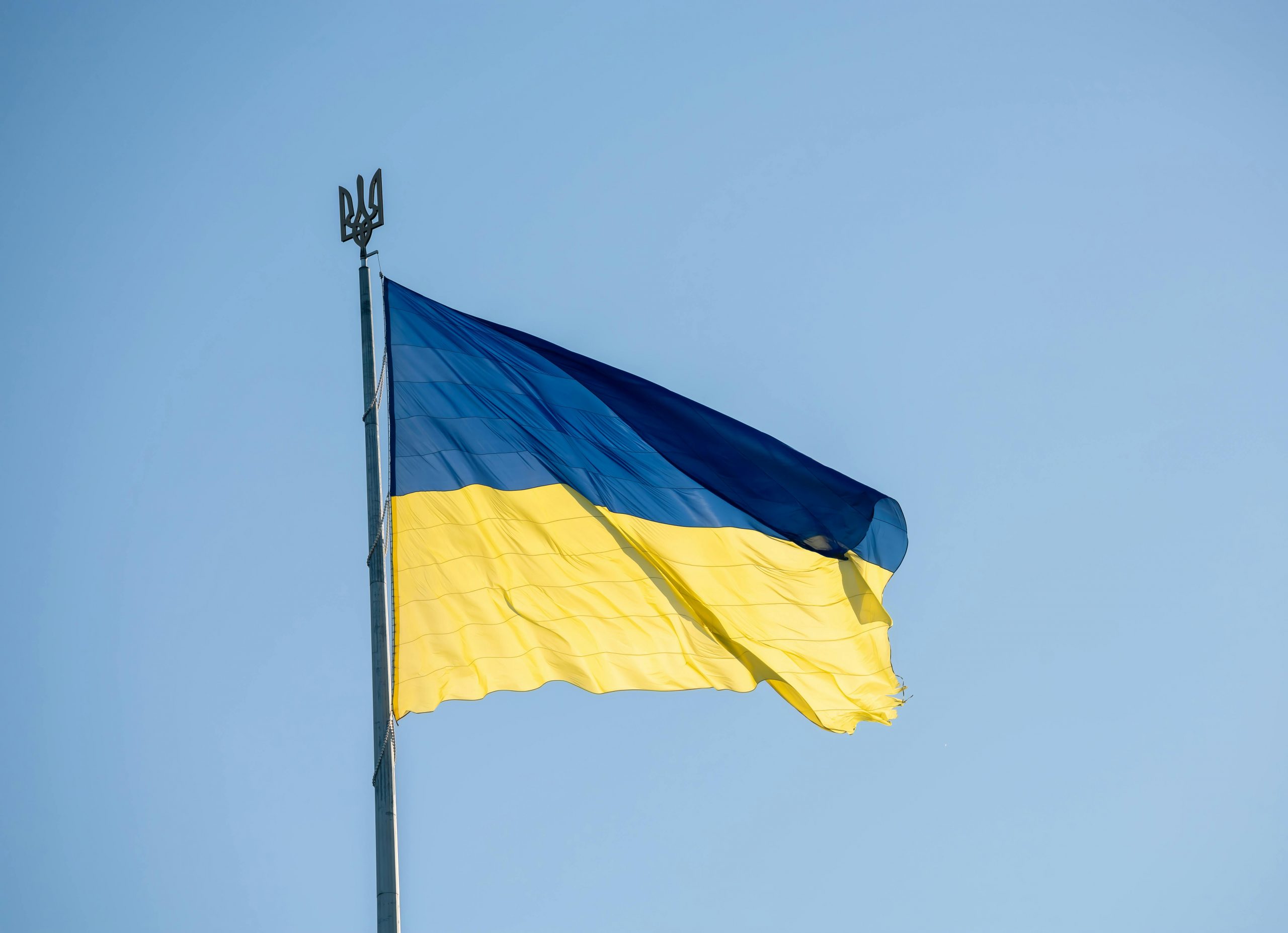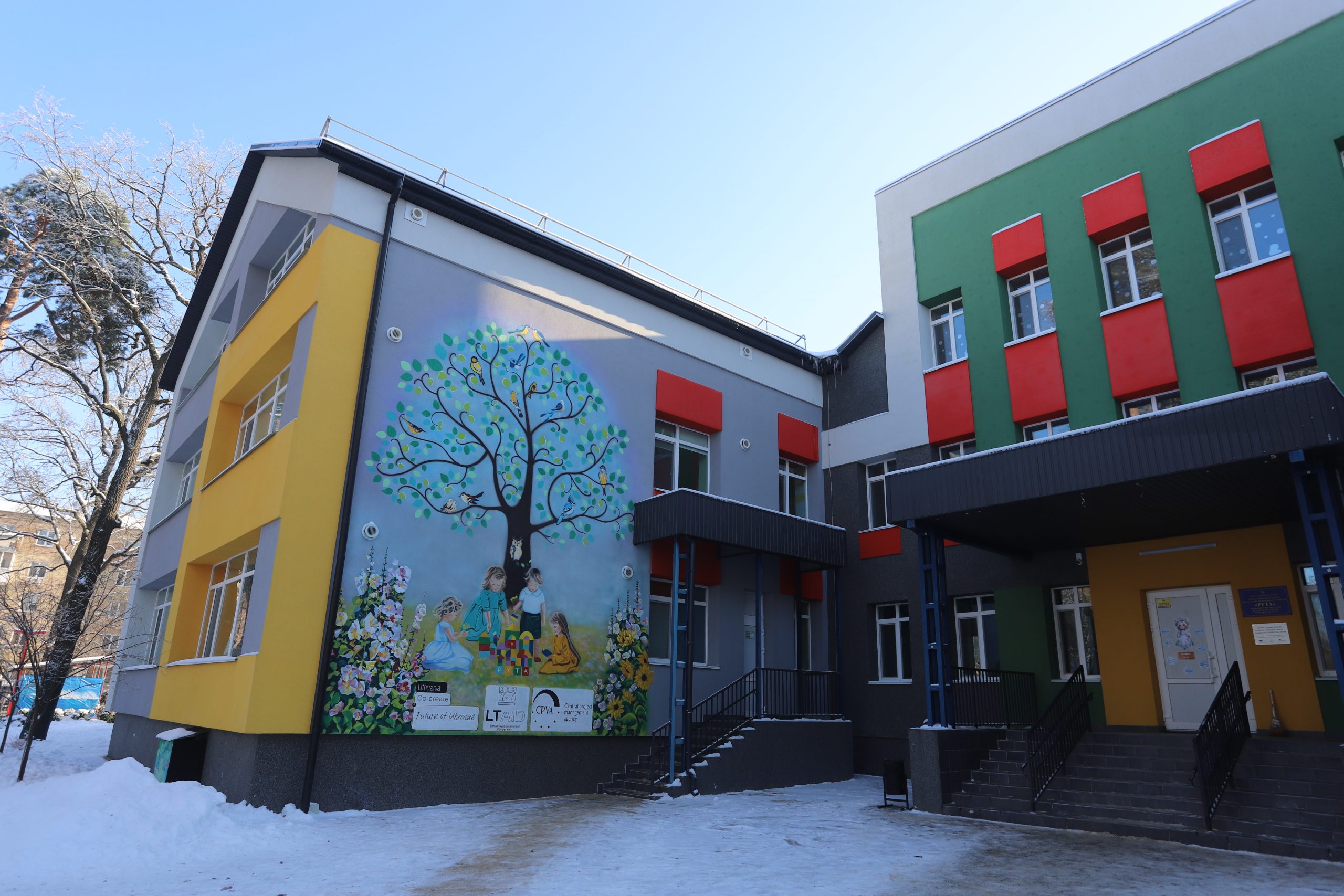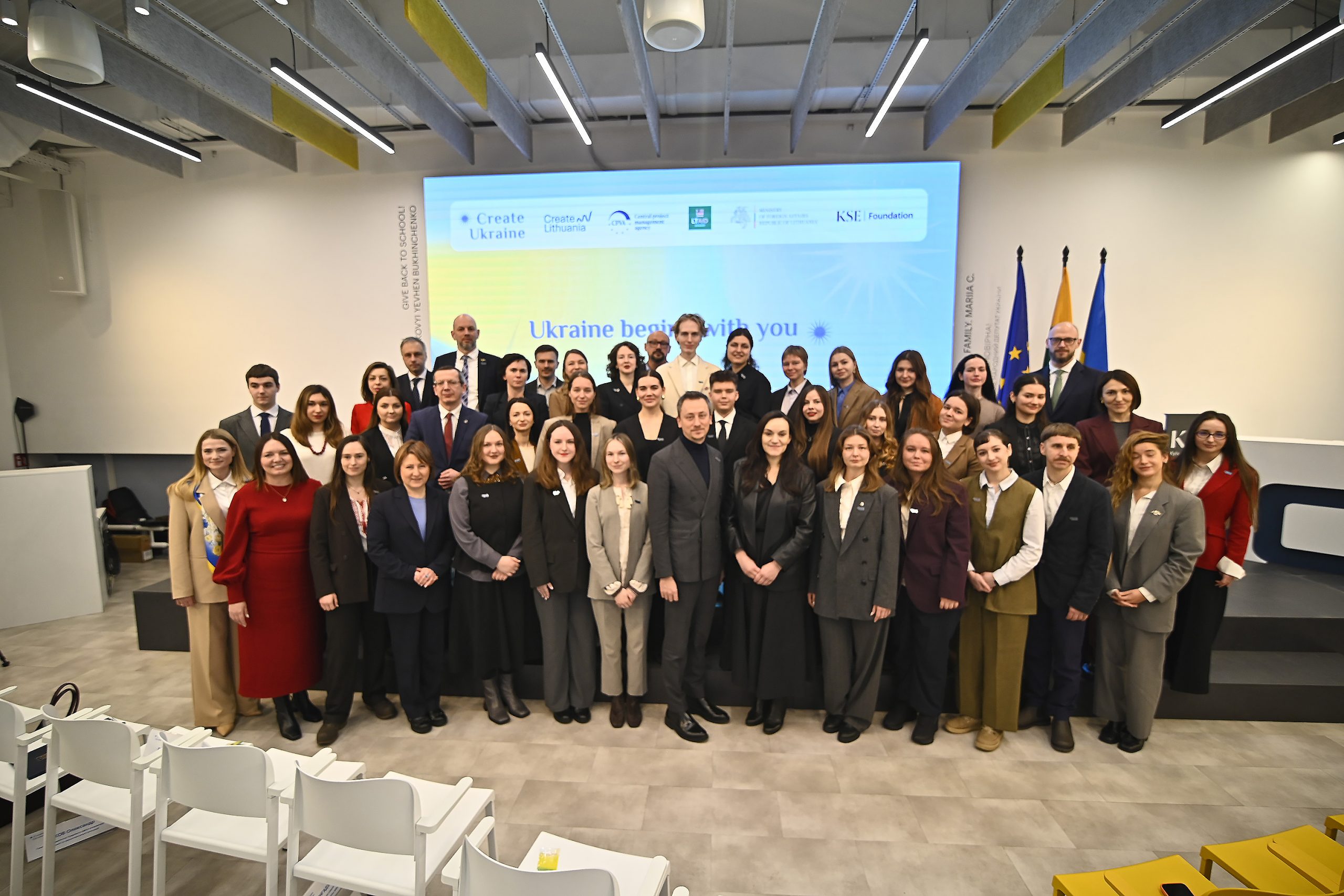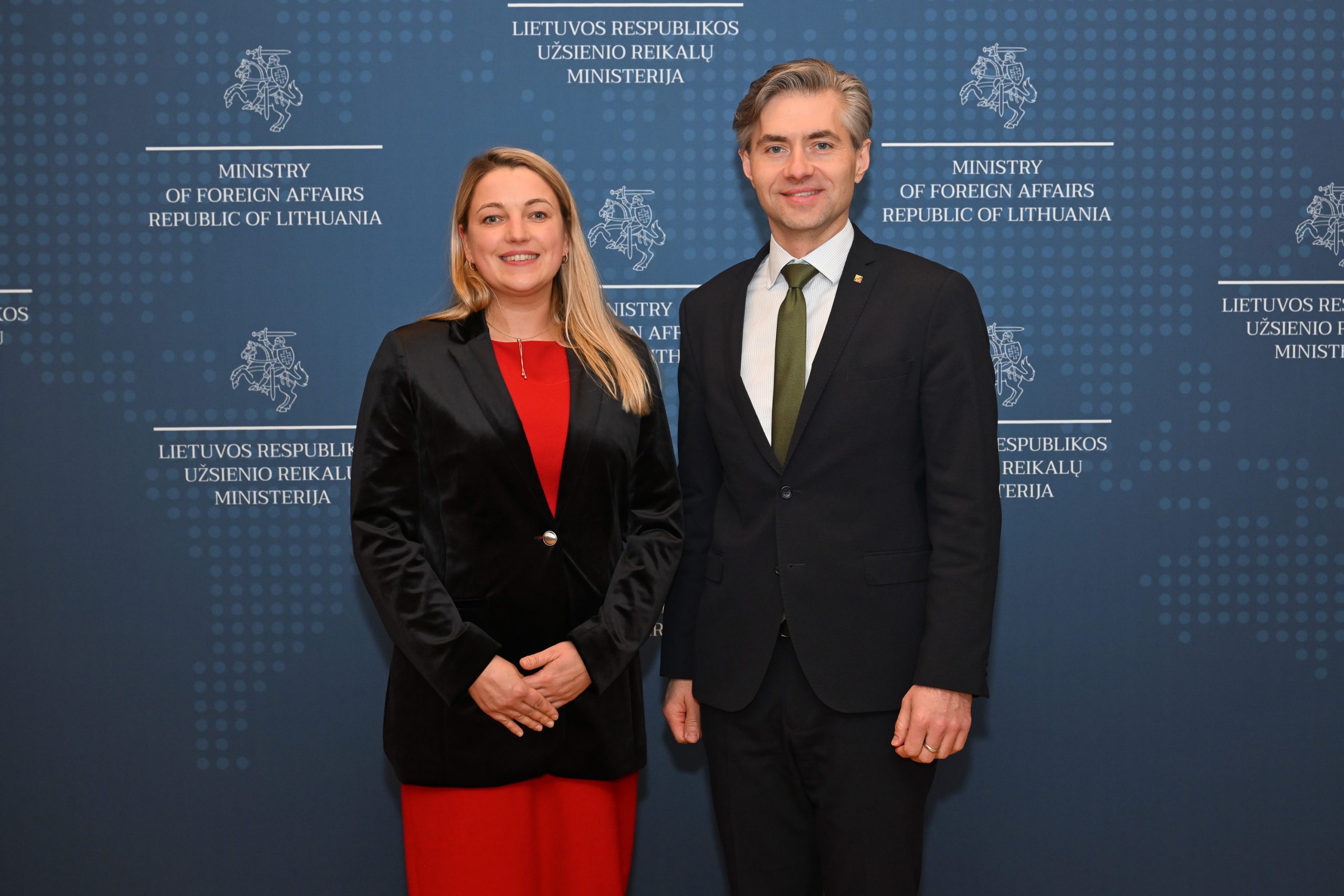For years, Armenia was caught between East and West. But following the painful consequences of the Nagorno-Karabakh conflict, the country is now clearly turning toward the European Union. Lithuanian experts, who have spent the past two years assisting with major reforms to the Armenia’s internal affairs system, are supporting the country in this shift.
To mark the 10th anniversary of the Sustainable Development Agenda, the Central Project Management Agency (CPVA) is sharing stories of change to highlight how Lithuanian knowledge and expertise contribute to positive change around the world—and to remind that lasting global change is only possible when we work together.
As Tomas Bikmanas, the lead expert of the two-year Support to law enforcement and security reforms in Armenia project, explains, the project was launched during a period of high tension. In the autumn of 2023, on the very day it officially began, unrest erupted in Nagorno-Karabakh, resulting in a severe humanitarian crisis.
“More than 100,000 Armenians were forced to flee the territory. After a decades-long conflict, Armenia lost Nagorno-Karabakh—this was an extremely painful moment for society. Armenians had long trusted in Russian support, but this time, it did not come. Prime Minister Nikol Pashinyan and his entire Cabinet realized they had to look for alternatives. Our arrival at that moment was very timely,” says Bikmanas.
Systemic Changes
While the political climate was favorable for cooperation, the beginning of the project was not without challenges. “Institutions opened their doors, but approached us with caution. What made the difference was honest, human interaction. We weren’t there to lecture, but to share our own experience—we had once been in the same position they are now,” says Ieva Šalaševičienė, Senior Project Manager at CPVA’s International Development Cooperation Projects Division, who supervised the project in Armenia.
At the time, Armenia was launching substantial reforms in policing, migration, and border control. A new team was established at the Ministry of Internal Affairs to take over responsibility for internal security. The experience of EU member states, including Lithuania, proved highly relevant. Throughout the project, Armenian officials were introduced to strategic planning, public service quality monitoring, effective communication, crime prevention programs, and more.
According to Bikmanas, Armenia’s internal affairs system was still largely based on the Soviet model—where the Police reported to the Ministry of Internal Affairs, the Migration Service fell under the Ministry of Social Affairs, and the Rescue Service operated under yet another separate institution.
“Now, following the EU model, Armenia is restructuring its system—all of these institutions are being brought under the Ministry of Internal Affairs to improve efficiency and ensure clearer governance,” he explains.
Šalaševičienė notes that this aligns with best practices across EU countries. “In Lithuania, not all of these services were initially part of the Ministry of Internal Affairs either. But during our path to EU membership, we gradually adopted European practices that proved to be effective,” she says.
While significant progress has been made, some structures remain unchanged. The Armenian Border Guard continues to operate as a separate entity—similar to Lithuania’s State Security Department. “Given the tense situation on the borders with Azerbaijan and Turkey, Armenia is moving forward with changes in this area more cautiously,” adds Bikmanas.
Learning from Lithuania
Due to its challenging relationships with neighboring countries, Armenia has taken a particular interest in how Lithuania manages migration and border security.
“They were especially interested in how we handled the migrant crisis at the Belarusian border. Our State Border Guard Service shared its experience, and now approximately 15 kilometers of Armenia’s border with Azerbaijan has a physical barrier similar to the one we have on our border with Belarus,” says Bikmanas.
Public order was another key area of concern. Although Armenia’s internal security forces are formally under the police, many officers still view themselves as military personnel. Their equipment is often outdated, sometimes non-functional, and occasionally poses a risk to civilians.
“There was an incident during a protest at the parliament where officers used gas grenades—not only did they release gas, but they also exploded and dispersed shrapnel. Thankfully, there were no fatalities, but people were injured. When asked, they said, ‘We used what we had.’ Unfortunately, what they had wasn’t police-grade equipment—it was military-grade. Such ammunition is meant for warfare, not crowd control,” explains Bikmanas.
Lithuania also supported Armenia in establishing its national emergency number—112. “As we once did, they had separate numbers for police, fire, and medical emergencies—like 01, 02, and so on. Our experts shared how to centralize these services, communicate with callers, assess emergencies quickly, and respond efficiently,” says Šalaševičienė.
According to her, over the course of two years, 76 missions were carried out involving 125 international experts—most of them from Lithuania. Additionally, 12 study visits were organized to EU countries, including Finland, France, the Netherlands, Spain, Latvia, and Lithuania.
The Most Important Change—Mindset
Both Bikmanas and Šalaševičienė emphasize that the most meaningful transformation has been in people’s thinking.
“You can change an organization’s structure or rules, but shifting mindsets takes time. However, I believe our team helped dispel the stereotype that Europeans don’t understand their reality,” says Bikmanas.
He believes real progress is evident when citizens begin to demand justice not just on paper, but in everyday life: “When a police officer doesn’t stop you without cause to demand a bribe. When a prosecutor or judge acts with integrity, guided by law—not by who pays more. These are the values of democratic societies. And it seems Armenians want that too.”
Šalaševičienė agrees: “The more countries live by the same values as we do—democracy, human rights, transparency—the safer the world becomes. Our aim is to expand this circle of like-minded nations.”
Bikmanas adds that even progressive leaders are ultimately accountable to their voters: “Even reform-minded officials are democratically elected, so their decisions reflect public sentiment. With elections expected in Armenia next year, this will play a key role in shaping the country’s future.”
Although the project concluded in April 2025, the European Union will continue its support. The next major goal: working on visa liberalization for Armenia.
The Support to law enforcement and security reforms in Armenia project was implemented by the Central Project Management Agency (CPVA) in cooperation with the Latvian State Police. It was funded with €2 million from the EU budget, along with an additional contribution of over €222,000 from Lithuania.
